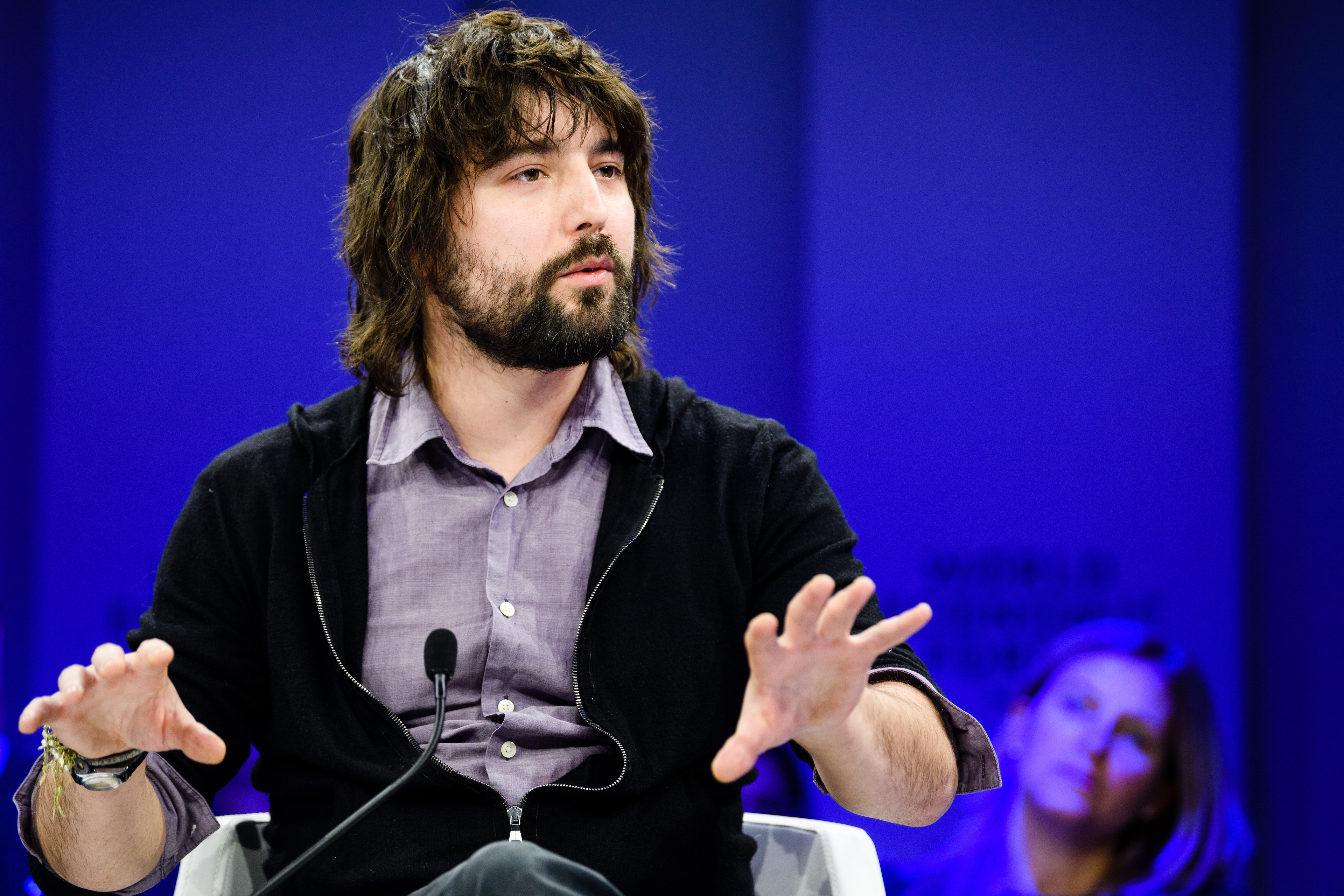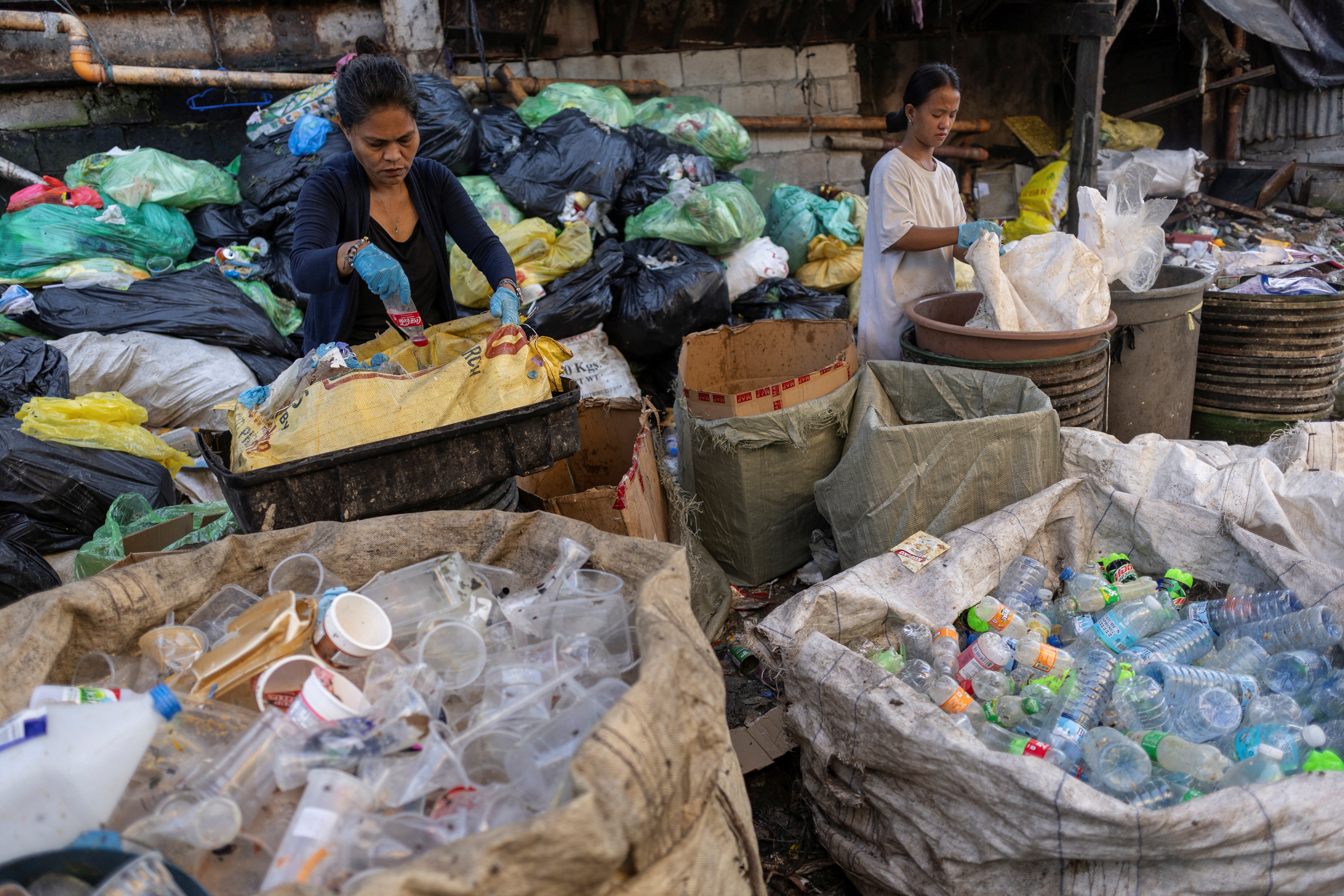These companies can recycle nearly anything, from cigarette butts to fax machines

Cigarette butts are given healthier lives as sheet boards or injection moulding. Image: REUTERS/Russell Boyce
Human beings are filling the world with waste. Every year, we dump 2.1 billion tons of rubbish into the ecosystem. Eight million tons of that slips quietly into our oceans. Despite the statistics, change is agonizingly slow. We’re consuming more than ever. But we haven’t yet invented the protocols for dealing with waste.
However, a few hardy companies are turning this tide of garbage into something reusable. TerraCycle is a “global leader in recycling typically hard-to-recycle waste”.
Rubbish can include anything from sweet wrappers to cigarette butts. It’s the trash that has you hovering over your array of recycling bins, hunting in vain for the correct symbol. Even innocuous items such as bottle caps, which are made from a blend of plastics, are not accepted by most municipal schemes.
TerraCycle’s model is simple. Everything is recyclable - the only issue is collection and separation. The company solves this by getting you to do the work. The customer sorts and drops the waste at specified collection points, ranging from schools to homes, or ships it for free. A small fee is donated to a non-profit of your choice for each kilo of waste received. The process is paid for through partnerships with brands including Febreze, Colgate and Bic. They reap positive PR and reduce their financial penalties for end-of-use waste.
Through this process, scrap denim is transformed into messenger bags; surgical gloves become park benches; old fax machines and computers are reborn as plant pots; pencil cases come from Kenco packets; reclaimed silver shines again, as some slightly ropy jewellery; and used wine corks become a corkboard. (Why didn’t anyone else think of this?) Cigarette butts are collected, cleaned and shredded, before enjoying healthier lives in sheet boards or injection moulding.
There have been a few glamorous public projects. In June last year, an outdoor gym made from recycled 2,500 aerosol cans was unveiled at London’s 2012 Olympics site. In March 2017, TerraCycle partnered with chemical giant Henkel to build a playground from bodywash containers in Austria.
The company is the brainchild of Tom Szaky, a Canadian entrepreneur who has set himself the task of “eliminating the idea of waste”. While at Princeton in 2001, Szaky stayed with friends who had a worm farm. Impressed by the food-scraps-to-fertilizer superpowers of these natural recyclers, he gave up his degree to focus on waste.
Within a few years, he was selling his organic worm-poop plant food in Walmart and Home Depot, packaged in reused soda containers. Soon, TerraCycle started making tote bags from recycled bottles, starting a new business stream.

“Garbage is not a natural idea. It does not exist in nature in any capacity”, Szaky explains.
“It exists because of two things. The first thing is consumption, which is that we buy way more than we need, and what we buy we don’t keep. The second is complex materials. Very few things that we touch in our lives are made from things nature knows what to do with. So you add those two things together and you get the very modern concept of waste.”
The limits on recycling, Szaky says - such as that we recycle cans but not bottle tops - are purely down to cost efficiencies. The aluminium in cans is worth more than the cost of collecting and melting it. But in theory, all materials can and should be used again. In TerraCycle’s offices around the world, every desk, chair and wall fitting - every item except the computers - is made from recycled material.
TerraCycle has kicked off a movement. Businesses everywhere are exploring the idea of bringing “hard-to-recycle” materials back into the circular economy. Nike has dabbled in packaging made from milk cartons, while Adidas’s Parley trainers (“from threat into thread”) use yarns derived from ocean plastic. Berlin-based designers Pentatonic, operating under the excellent motto “the future is rubbish”, have teamed up with Starbucks to remake the chain’s trademark “bean” chairs from plastic bottles and coffee cups.
Then there’s Taiwan’s Miniwiz, which crafts sunglasses out of rice husks and old CDs and built a “hops chair” out of spent beer grain. In 2010, it unveiled Taipei’s nine-storey EcoArk Pavilion, which incorporates 1.5 million recycled plastic bottles, weighs half as much as a conventional building and is naturally resistant to fire.
“We are obsessed with making the circular economy a reality in everyday consumption”, says Miniwiz, which was recognized by the World Economic Forum as a Technology Pioneer in 2015.
“We live to support the mass adoption of a circular system whereby all the materials we use are reused, again and again, and again with zero waste.”
Are there any downsides to this do-gooding? Detractors might argue that the staunch efforts of TerraCycle and other start-ups could be excusing our cultural reliance on single-use packaging. “Like anyone needs a tote bag made out of Clif Bar wrappers”, writes the anti-plastic activist Beth Terry. If we’re to satisfy the Paris agreement, we need to address a worldwide system that feeds our addiction to waste.
The other question is around scale. All the luxury Pentatonic chairs in the world won’t scratch the surface of the amount of waste we produce annually, especially given their starting price of £199.
As TerraCycle’s Stephen Clarke has said, upcycling has a natural ceiling: “We may collect 10,000 kilos of used coffee packages, but there’s not a need for thousands of pencil cases, so there’s a mismatch.” Of the millions of kilos of waste collected every week by TerraCycle, 1% is reused, another 1% upcycled and the remaining 98% recycled.
But it’s a start. Many will be heartened by the refusal of these recyclers to admit defeat on waste. It’s a relief to know that the next time you throw away something perfectly functional, instead, with a bit of determination, it could have an afterlife.
Tom Szaky is a member of the World Economic Forum's 2018 class of Young Global Leaders. Find out more here.
Don't miss any update on this topic
Create a free account and access your personalized content collection with our latest publications and analyses.
License and Republishing
World Economic Forum articles may be republished in accordance with the Creative Commons Attribution-NonCommercial-NoDerivatives 4.0 International Public License, and in accordance with our Terms of Use.
The views expressed in this article are those of the author alone and not the World Economic Forum.
Stay up to date:
Circular Economy
Related topics:
Forum Stories newsletter
Bringing you weekly curated insights and analysis on the global issues that matter.
More on Circular EconomySee all
Felipe Basso
November 13, 2025







